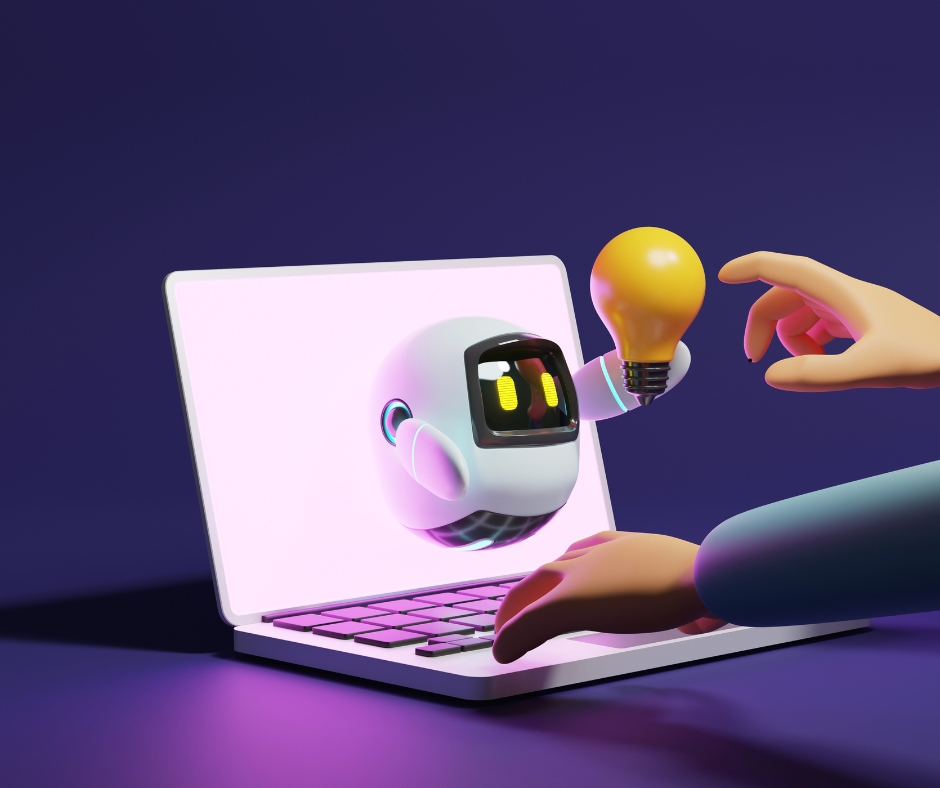The rise of artificial intelligence (AI) has sparked debates across industries about its potential to replace human roles. One of the most discussed domains is customer service, where AI-driven chatbots, virtual assistants, and automation tools are already transforming interactions. But will AI completely replace customer service, or will it augment human efforts to create a better experience?
In this article, we’ll explore the current state of AI in customer service, its benefits and limitations, and whether it can truly replace human agents.
The Role of AI in Customer Service
AI in customer service is designed to enhance efficiency, speed, and personalization. Common AI applications include:
-
- Chatbots: AI-powered bots handle routine inquiries, such as FAQs and order tracking.
-
- Voice Assistants: Tools like Alexa or Google Assistant provide conversational support for customer queries.
-
- Sentiment Analysis: AI analyzes customer emotions through text or speech to tailor responses.
-
- Predictive Analytics: Anticipates customer needs based on historical data and behavior.
These tools allow companies to provide round-the-clock support while reducing operational costs.
Benefits of AI in Customer Service
AI offers several advantages that are driving its adoption in customer support:
1. 24/7 Availability
Unlike human agents, AI systems can operate around the clock, ensuring customers receive support at any time.
2. Faster Response Times
AI can instantly retrieve information and resolve common issues, reducing wait times significantly.
3. Cost-Effective Operations
Automating repetitive tasks reduces the need for large customer service teams, saving businesses money.
4. Scalability
AI systems can handle thousands of queries simultaneously, making them ideal for scaling support during peak periods.
5. Personalization
AI uses customer data to deliver tailored recommendations and responses, enhancing satisfaction.
Limitations of AI in Customer Service
Despite its advantages, AI also has limitations that prevent it from fully replacing human agents:
1. Lack of Emotional Intelligence
AI can identify sentiment but struggles to genuinely empathize with customers during complex or emotional interactions.
2. Limited Problem-Solving
While AI excels at routine tasks, it often fails to address unique or complicated issues requiring human judgment.
3. Language and Cultural Nuances
AI may misinterpret slang, idioms, or cultural contexts, leading to awkward or incorrect responses.
4. Dependence on Data Quality
AI relies on high-quality data for training. Poor or biased data can lead to inaccurate or unhelpful responses.
5. Customer Reluctance
Some customers prefer speaking to humans, especially for sensitive issues, and may resist interacting with AI.
Will AI Replace Customer Service?
The answer is not a simple yes or no. Instead, the future of customer service lies in collaboration between AI and human agents. Here’s why:
1. AI as a Support Tool
AI will increasingly handle routine tasks, freeing human agents to focus on complex and high-value interactions.
2. Hybrid Models
Many companies are adopting hybrid approaches where AI provides first-line support, and human agents step in when issues escalate.
3. Enhanced Human Roles
As AI takes over repetitive tasks, human agents will need to develop skills like emotional intelligence, critical thinking, and problem-solving to address nuanced customer needs.
4. Specialized Interactions
AI is unlikely to replace customer service roles in industries requiring deep expertise, such as healthcare or legal services.
Real-World Examples of AI and Human Collaboration
1. E-Commerce
Companies like Amazon use AI chatbots for order tracking and FAQs, while human agents handle escalations or disputes.
2. Banking
AI assists customers with balance inquiries and transaction histories, but loan applications or fraud cases often require human intervention.
3. Travel and Hospitality
AI tools manage bookings and itineraries, while human agents address cancellations, complaints, or special requests.
Preparing for the AI-Driven Future of Customer Service
For businesses and professionals in customer service, preparing for AI’s growing role is essential:
For Businesses:
-
- Invest in AI Technology: Leverage AI to automate routine tasks and improve efficiency.
-
- Train Staff: Equip teams with the skills to handle complex queries and work alongside AI tools.
-
- Monitor Performance: Regularly evaluate AI systems for accuracy, effectiveness, and customer satisfaction.
For Professionals:
-
- Upskill: Focus on areas where humans excel, like empathy, creativity, and adaptability.
-
- Adapt to Change: Embrace AI as a tool to enhance your role, not a threat to it.
Conclusion
AI is undoubtedly transforming customer service, offering faster, more cost-effective, and scalable solutions. However, its limitations in emotional intelligence, problem-solving, and cultural understanding ensure that human agents remain irreplaceable for complex and sensitive interactions.
The future of customer service lies in a harmonious blend of AI and human expertise, where technology enhances human capabilities rather than replacing them. Businesses and professionals who embrace this collaboration will thrive in the AI-driven era.
Have thoughts on the future of AI in customer service? Share your insights in the comments!
